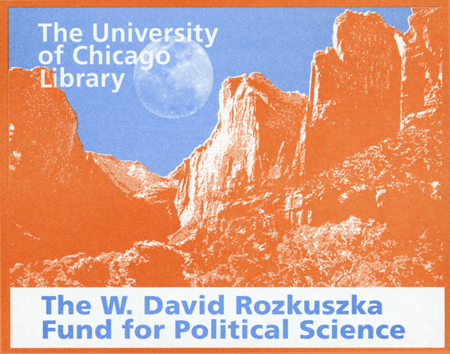Review by Choice Review
This book is a testament to the enduring influence of Machiavelli on political thought and practice in the West. The authors argue, contra J. G. A. Pocock, that the heirs of the Enlightenment on both sides of the Atlantic were in favor of a sort of liberal republicanism. At the same time, however, they agree with Pocock that Machiavelli's influence was widespread throughout the modern period. The book consists of 12 essays treating mostly British and American political thought, with a final section on politicians of the American founding. In almost every case the argument is made that these figures reject the violence, conquest, and tumult Machiavelli seemingly thinks necessary to sustain a republic in The Prince, in favor of the virtues of gradual reform, trade, and acquisition consistent with Machiavelli's republican position in the Discourses. Some of the essays try to draw too direct causal lines between Machiavelli and the thinker in question. Nearly every modern thinker owes something to Machiavelli's work; to claim direct influence, however, sometimes seems to stretch the evidence rather thinly. Nonetheless, the book will be of interest to scholars of Machiavelli, liberalism, and the republican tradition. ^BSumming Up: Recommended. Graduate students, researchers, and faculty. J. L. Miller SUNY College at New Paltz
Copyright American Library Association, used with permission.
Review by Choice Review

